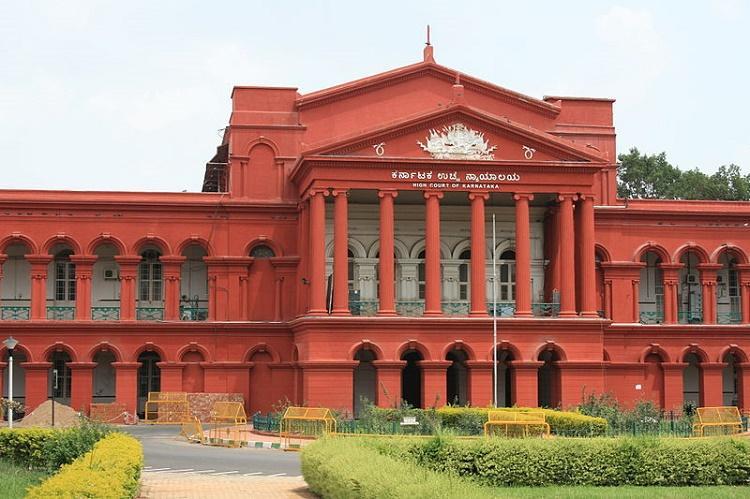
Karnataka HC finds fault with London court ruling against KSRTC

The Karnataka High Court has described as not executable an execution petition filed by a British couple based on a judgement of a London court against the Karnataka State Road Transport Corp (KSRTC).
Nigel Roderick Lloyd Harradine and Carol Ann Harradine from Old Coulsdon village, Surrey, England, were in India on March 18, 2002 and going from Mysuru to Gundlupet when their car was hit by a KSRTC bus.
Also read: Karnataka high court issues guidelines to foil human-animal conflict
They sued the state-run KSRTC for compensation in a British court, which ruled in their favour. The couple tried to get the British court order executed in India.
But Justice HP Sandesh nullified it on July 14.
The High Court ruled that the British court had not followed the principles of natural justice. KSRTC had replied to a notice but it was not taken into consideration by the London court.
“The order passed by the foreign court is not conclusive and not on merits, and hence the same cannot be executable,” the judge said.
Court battle
The British couple had engaged the car from Somak Travels Ltd.
The couple filed a claim in respect of the alleged accident before the Exeter County Court, the United Kingdom, which allowed their petition and directed KSRTC to pay compensation.
Subsequently, they filed an execution petition based on the judgement of the UK court before the XXV Additional City Civil and Sessions Judge, Bengaluru.
Also read: Abusive words against PM Modi derogatory, not seditious: Karnataka High Court
KSRTC’s application challenging the UK court’s judgement was rejected by the Civil Court, forcing the KSRTC to file the revision petition in the High Court.
The HC secured the Trial Court records from the lower court before passing its judgement.
Allowing the revision petition filed by the KSRTC, the high court said, ”The application filed under Section 47 of CPC before the Trial Court is allowed and the decree under execution is not executable in law as the same is not on merits.”
(With agency inputs)

